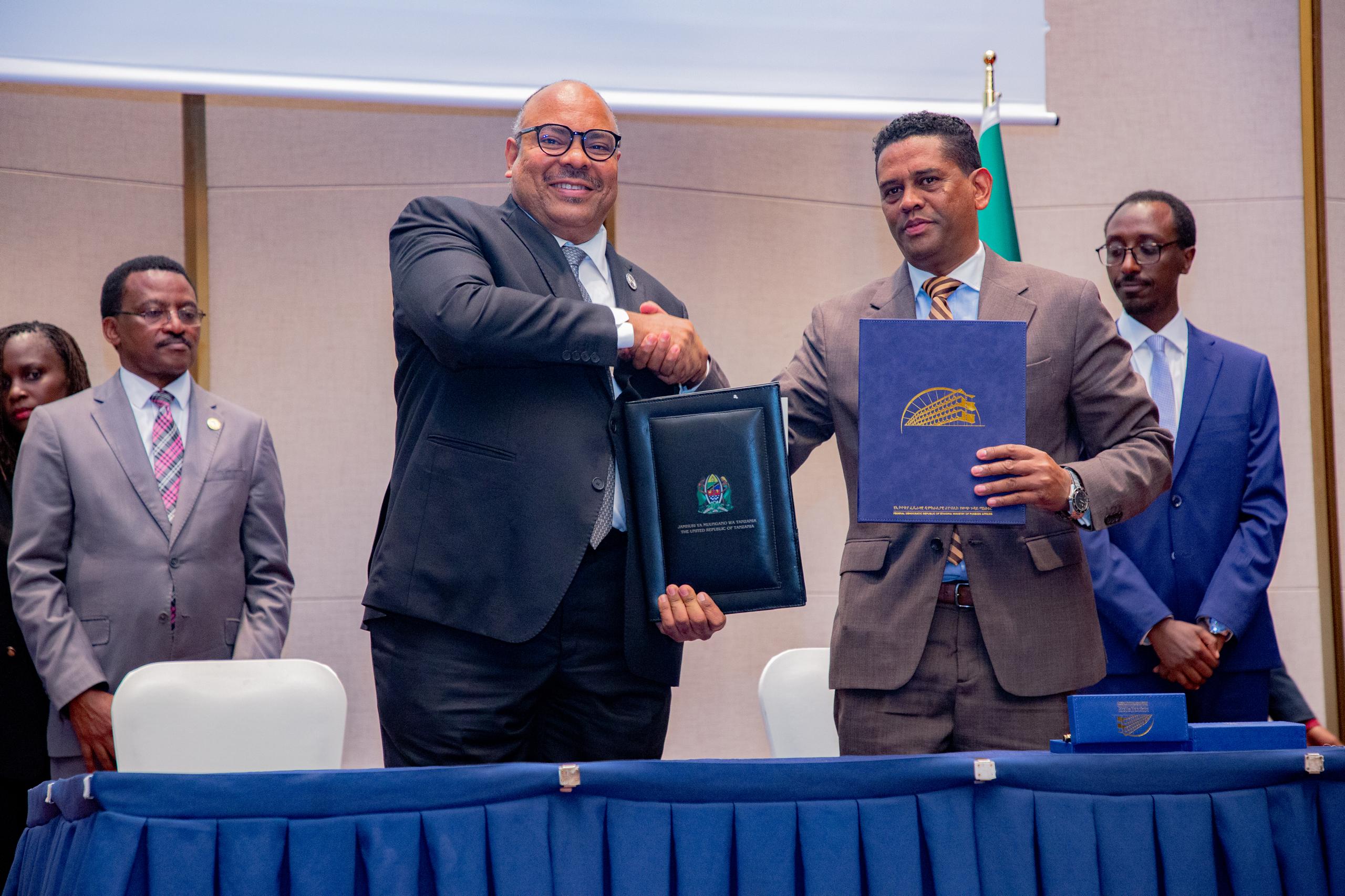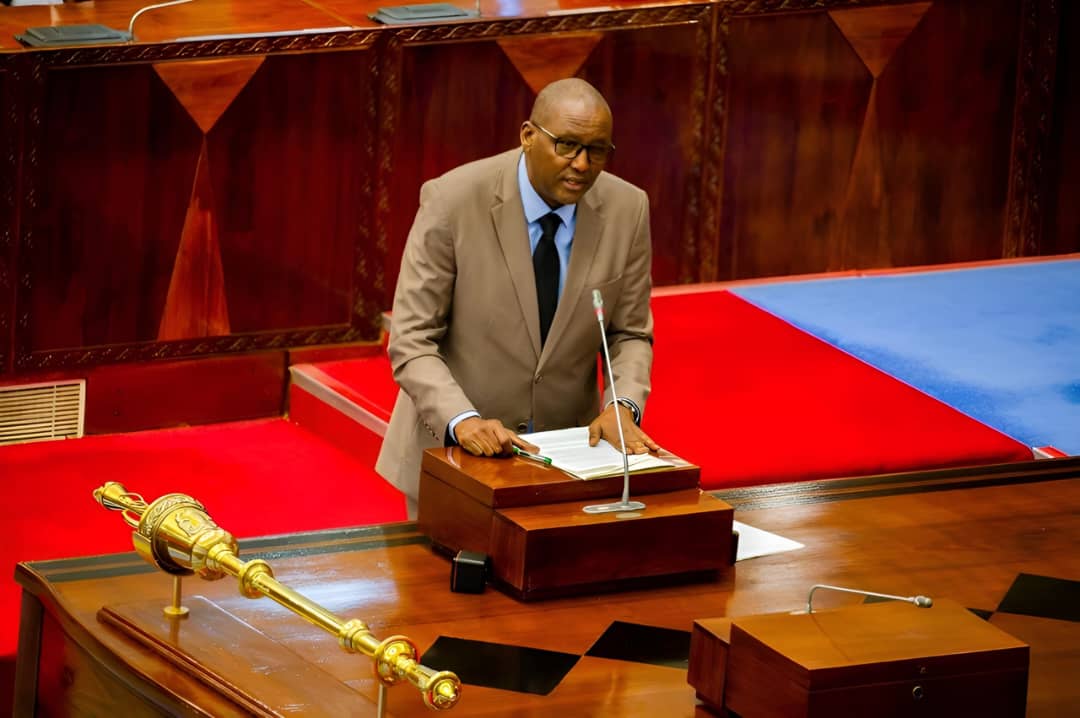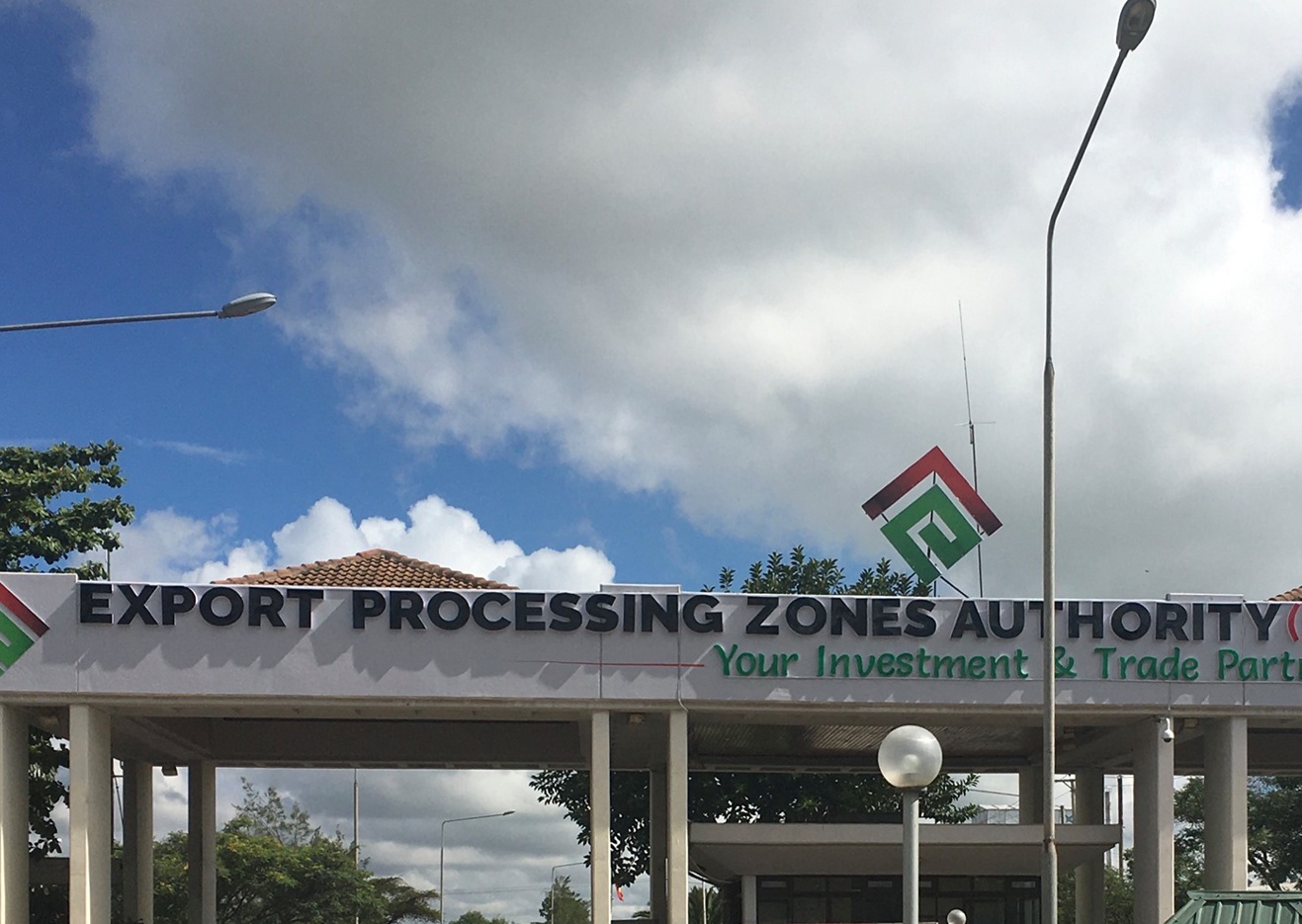Morogoro. The Tanzania Revenue Authority (TRA) has launched a new Trade Facilitation Desk aimed at supporting business growth and addressing challenges faced by traders nationwide.
The launch took place on Saturday, August 16, 2026, at Chifu Kingalu Main Market in Morogoro and forms part of government efforts to implement President Samia Suluhu Hassan’s directive to strengthen the country’s business sector.
At the event, TRA Commissioner General, Mr Yusuph Juma Mwenda said the desk will begin operations on August 19, 2025 and will be rolled out across all regions, with 200 desks already established nationwide.
“This desk is not for tax collection,” Mr Mwenda emphasised. “Its purpose is to identify traders, support their growth, and resolve the challenges they face. We are committed to working with the business community to strengthen the national economy. This is not a desk to exploit traders; it is here to help them prosper. We want every businessperson to fulfil their commercial dreams.”
The Trade Facilitation Desk will also provide a platform for traders to give feedback and suggestions, which will be used to improve the business environment. Mr Mwenda said the ultimate aim is to enable businesses to reach their full potential.
In a related measure, President Hassan has directed a reduction in the Value Added Tax (VAT) rate from 18 per cent to 16 per cent for traders using digital payment systems, including mobile money and banking services.
The initiative has received strong support from the business community.
Mr Ally Mamba, Chairman of the Tanzania Business Community Association (JWT) in Morogoro, said the desk will significantly boost the growth of the country’s business sector.
Likewise, Mr Faustine Francis, Chairman of the Morogoro Small-Scale Traders (Machinga) Association, said the new desk would help small traders gain formal recognition and support them in scaling their businesses.
The launch represents a key step in the government’s drive to create an enabling environment for businesses, particularly in the informal sector, ensuring they can contribute sustainably to the national economy.







